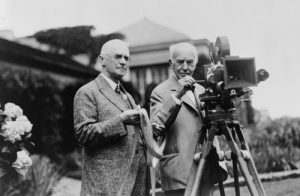
Plans to take a HIV vaccine to clinical trial have just taken a big step forward, after a team of researchers developed a weakened form of the vaccine that appears to be just as effective as stronger strains.
For the past few years, scientists have been working on developing a vaccine for simian immunodeficiency virus (SIV), which is very similar to HIV but infects monkeys rather than humans. The vaccine has been created from a modified version of the common herpes virus cytomegalovirus (CMV), which generates SIV proteins.
Before any vaccine can be used on humans, it must be attenuated in order to stop it from being able to spread once inside the body. Non-attenuated CMV can be highly dangerous to those with a compromised immune system.
To modify the virus, the researchers deleted a gene called Rh110, which stopped the virus from being able to replicate itself via a process called the lytic cycle. When applied to rhesus monkeys, this form of the vaccine was found to be 1,000 times less capable of spreading than the non-attenuated version. It was also not present in any of the monkeys’ bodily excretions, and could not be transferred between individuals.
Crucially, however, the vaccine provided the same level of protection as the stronger version, and eliminated SIV in 59 percent of the monkeys. The effects were also long-lasting, with nine of the 12 vaccinated monkeys remaining resistant to SIV three years later.
The results have been published in two separate papers in the journal Science Translational Medicine, and while human clinical trials are likely to take several years, this research represents a massive leap forward in the quest to create a safe, effective HIV vaccine.





